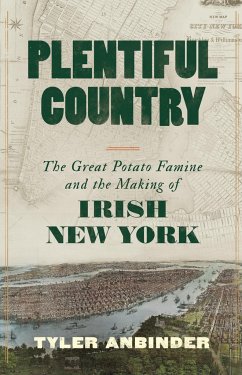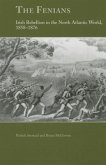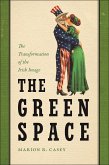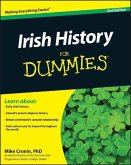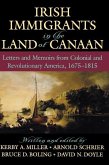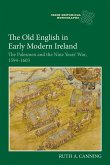In 1845, a fungus began to destroy Ireland's potato crop, triggering a famine that would kill one million Irish men, women, and children--and drive over one million more to flee for America. Ten years later, the United States had been transformed by this stupendous migration, nowhere more than New York: by 1855, roughly a third of all adults living in Manhattan were immigrants who had escaped the hunger in Ireland. These so-called "Famine Irish" were the forebears of four U.S. presidents (including Joe Biden) yet when they arrived in America they were consigned to the lowest-paying jobs and subjected to discrimination and ridicule by their new countrymen. Even today, the popular perception of these immigrants is one of destitution and despair. But when we let the Famine Irish narrate their own stories, they paint a far different picture.
Hinweis: Dieser Artikel kann nur an eine deutsche Lieferadresse ausgeliefert werden.
Hinweis: Dieser Artikel kann nur an eine deutsche Lieferadresse ausgeliefert werden.

